Apart from a handful of companies in the past few decades what was fixed in a state of steady stagnation, the past decade has seen the housing sector go through a phase of rapid growth with the emergence of new real estate disruptors. Driven by technological innovation but propelled through digital real estate solutions in today’s era these companies are changing the process of how houses are bought, sold and managed. Changing the landscape of real estate provision while improving the customer experience in real estate, these startups employ technology to enhance efficiency and optimization of processes within this disordered industry.
Drawing from the tech led solutions adopted by these startups, this article showcases the top 12 housing startups which position them as the key players in the transformation of the housing market and explains how these new solutions have increased the efficiency of real estate and how the management of properties will look like in the near future.
1- Opendoor
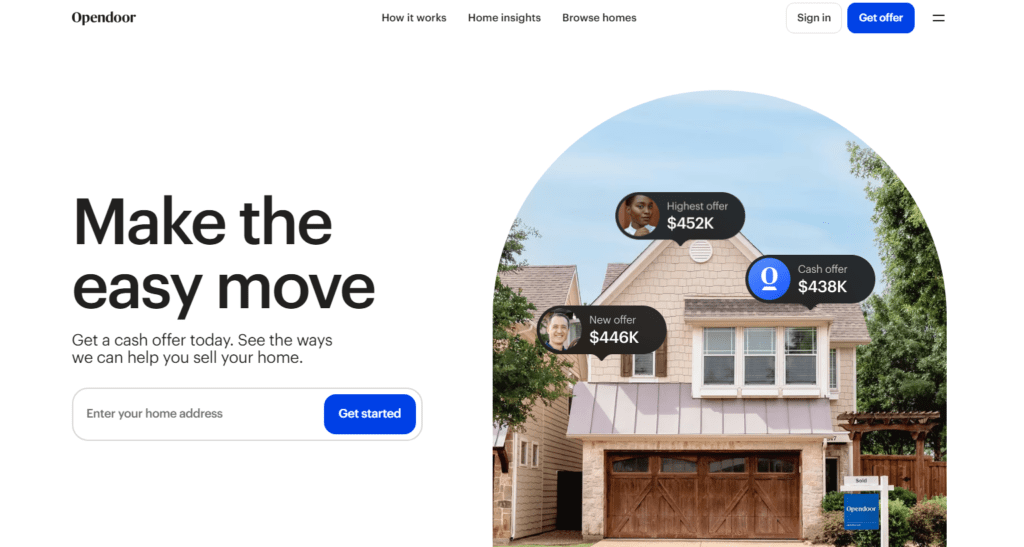
Opendoor is a housing market revolutionist, applying AI in the transactional processes. Their company is generally referred to as an iBuyer platform whereby Opendoor buys the property directly from the property owners and hence such transactions do not involve extensive showings and waiting period for potential buyers. The company’s revolutionary mission of making buying and selling easy for clients is fully realized through selling data based algorithms that depresses fair offers. This Real Estate technology driven approach has brought awesome changes in the experience of targeted customers in the industry of selling and purchasing of houses by reducing the labor and time spend in the transaction.
2- Zillow Offers
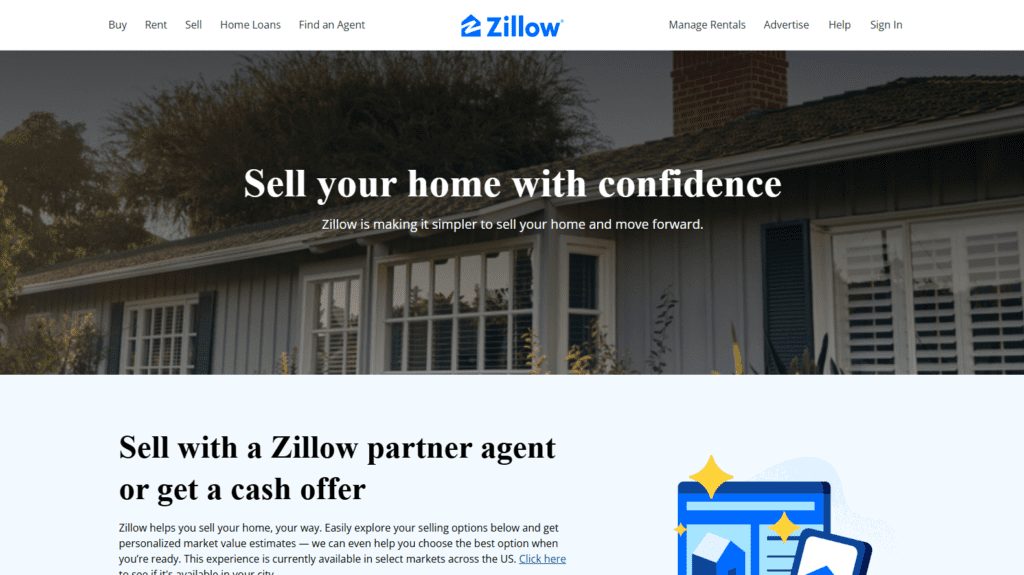
Zillow is already one of the most famous names for anyone looking for real estate listings, however, this time the feature that is called Zillow Offers goes one step further and joins the iBuyer market. Just like Opendoor, Zillow Offers purchases houses from sellers, easing the selling process. The architectural design of Zillow Offers has an emphasis on Digital Real Estate and the contemporary systems as such will definitely appeal to the present-day home seller who wants speed and convenience. This extension is a reflection of a growing trend towards market transformation attributed to traditional listing services incorporating digital, streamlined versions.
3- Redfin
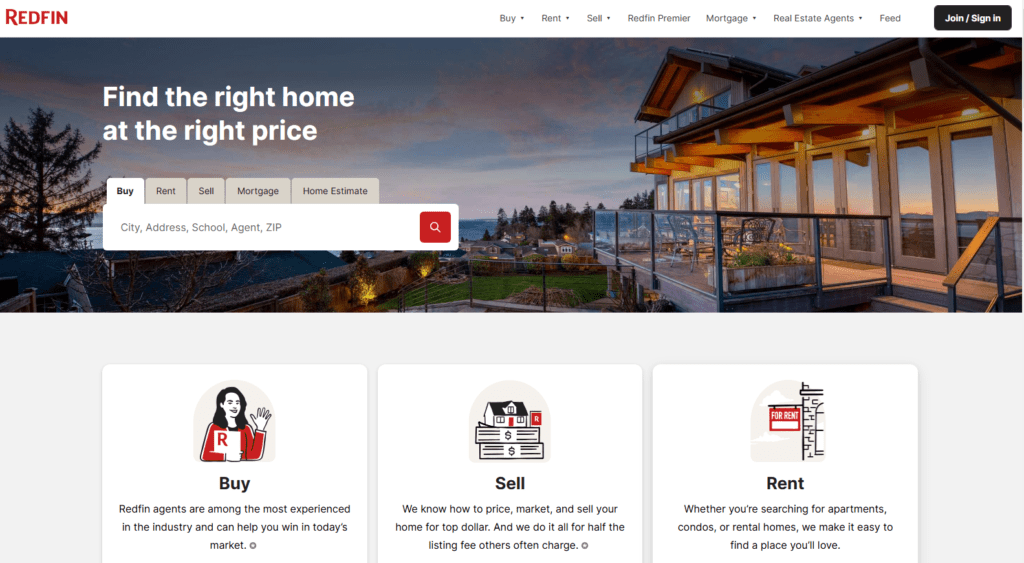
Redfin mixes conventional brokering with the technology and the resources to enhance the experience of buying and selling a property. It even features a platform that quickly alerts clients of new listings and helps them with pricing, so they can make the best decision. Redfin also has initiated an iBuyer program that adds further scope to its business of Digital Real Estate. It focuses on up-to-the-minute facts and data, thereby improving the customer experience of purchasing property. No wonder it is one of the most promising disruptions in the housing business.
4- Knock
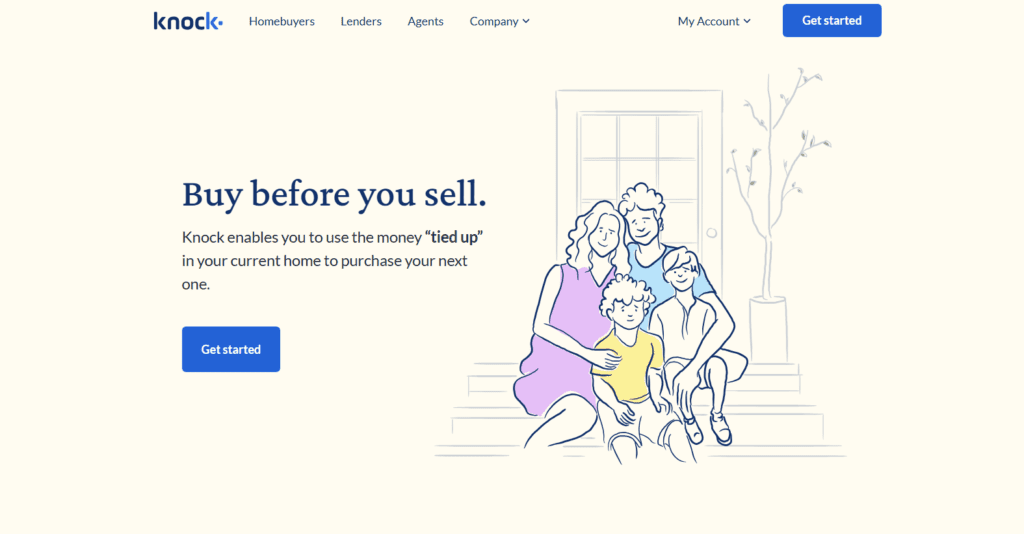
One of the highlights of Knock is the ability of homeowners to do a home trade-in to buy their homes before listing their existing homes for sale. Knock thinks of itself as both buyer and seller and therefore makes a rather stressful task effortless and simple. Knock’s platform optimizes real estate transactions and is in partnership with the clearly emerging model of proptech. Knock’s disruptive model shows how technology could bring forth new types of real estate which leads to a change in the existing market and more so how the consumers of real estate will be serviced.
5- Compass

To maximize the effectiveness of their property listings and matches, Compass employs state-of-the-art AI technology. Their real estate brokers use advanced technologies that assist them in predicting future trends in real estate, determining optimal listing prices, and reaching potential buyers more effectively. Besides revolutionizing technology in Real Estate, Compass is also improving the real estate business by extending the DATA-centric approach to the agents. In today’s technological world, Compass is one of the leading Digital Real Estate firms indicating contemporary style in the area of property management.
6- Sundae

Sundae works with homeowners looking to sell their properties that need extensive repairs. It allows sellers to offer their homes on an online market for cash bids from investors. Focusing on a targeted niche, Sundae simplifies the process of selling homes that are in poor condition and allows for saving from the conventional hassle and expenses. Such business models sweep across Real Estate technology to meet a gap in the housing market, where real estate seeks to streamline the customer experience for a previously neglected market.
7- Flyhomes

Enter Flyhomes, which essentially buys the home for you — enabling a buyer’s offer to outflank cash offers. It creates a level playing field in competitive markets, allowing everyday buyers to compete. Flyhomes is one out of four examples of the Digital Real Estate power and the work that can transform the future of the market. Flyhomes makes real estate more efficient and customer-friendly by reimagining the process of property transactions.
8- Ribbon

Proving Investors Wrong: Ribbon Changes the Housing Market With Homebuyer Cash-Offer Solution Ribbon buys a home for cash and sells it to the buyer as the buyer gets financing squared away. From charging big prices for public access to other big issues in the housing market, this platform reduces the price charged for realistic experience with day to day buyers. Ribbon provides buyers powered by real estate technology in competitive scenarios while showcasing how such tech can reinvent the customer journey in real estate, spurring transformational change in the market as a whole.
9- Divvy Homes
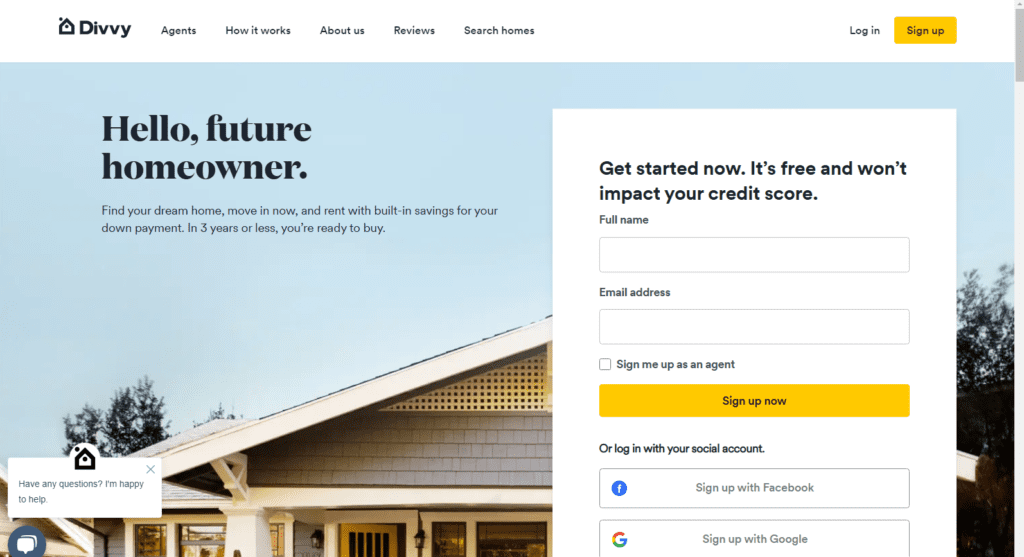
Divvy Homes provides a rent-to-own option that allows renters to accrue equity during their lease on a home. Divvy benefits would-be homeowners who want to save for a down payment by living in the home. It is a Digital Real Estate solution that rethinks the homeownership journey. With an option which is not mortgage-based financing, Divvy makes home ownership more accessible and a true change in the market.
10- Properly

Focuses on simplifying the Canadian real estate transaction process. It gives customers the whole home selling and buying experience in a single service, letting them offload their homes without the typical hassle of showings and open houses. Properly is tech-driven property management, with AI-powered evaluations and a platform that integrates seamlessly into hosts’ lives. And through its seamless digital experience it not only livens up the real estate but also highlights its importance in the transformation of the market.
These are the kinds of startups that are paving the way for what tech can do for the housing market. They are enhancing the customer experience in Real Estate and enabling new layers of real estate efficiency by harnessing the power of Real Estate technology and Digital Real Estate platforms. Each of the companies we detailed below has its own unique model — whether iBuyer or a creative take on rent-to-own — that is moving us closer to that market transformation breakpoint and redefining property transaction and ownership. The tech-driven property management will never be the same with these growth minting startups to initiate the housing market revolutionation for decades to come.


4 Comments
Pingback: MyWebInsurance.com Business Insurance - Market Startup News
Pingback: What Benefits are Not Affected by Savings - Market Startup News
Pingback: How to Make a Legal Contract Without a Lawyer | DIY Legal Guide - Market Startup News
Pingback: What Counts as Proof of Address For StartUp Business - Market Startup News